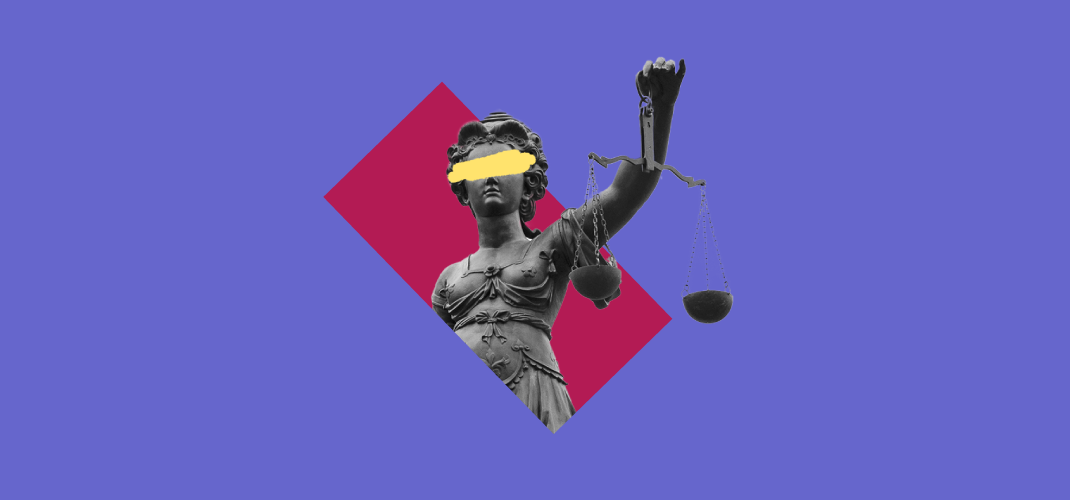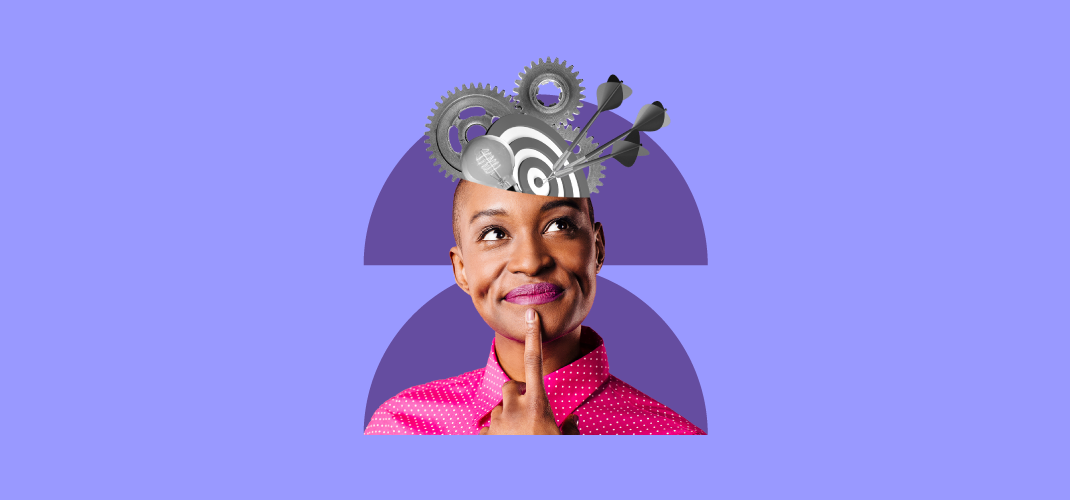
Podcasts revolutionising media in every corner of the world

Journalism was once monopolised by single-source news platforms. In the last decade, however, there has been a significant shift towards multiplatform, multimedia consumption, which has radically transformed news coverage.
Since the introduction of podcasts, and as a result of the ease with which content creators can create audio shows, there is a surplus of opinions, perspectives and information sources, producing a “proliferation of viewpoints,” according to Podeo founder and CEO Stefano Fallaha. But why the change?
“[The industry] used to be dominated by large media conglomerates and large publishers, which actually limited the number of sources that control the majority of information dissemination,” said Stefano.
“What we’ve seen is that this growth of content was sort of reflected specifically within, and driven by, content creators – who are independent producers and publishers – and journalists… and it sort of opened up this [podcasting] platform,” the founder added.
As a result, consumer media literacy is improving. “The reality is that [podcasting] is the most powerful and impactful medium because it engages audiences through in-depth analysis and leaves them to ask the right questions – and obviously make up their own judgement of the content itself,” said Stefano.
“We onboarded more than 60,000 podcasters in the last 12 months. And that’s massive, because now they’re reaching millions of listeners across the world,” said Stefano. Podcasts are opening doors for more diverse Middle Eastern and North African voices, and enabling public discourse in a way traditional media hasn’t catered to.
“You have all of these political podcasts, and even the news podcasts that are driving action and civic engagement across their audiences,” pointed out Stefano, adding that “[podcasters] are sharing opinions and ideas … and they’re building communities.”
For more great content, join us at Web Summit Qatar. Get tickets now.
Image: Web Summit

